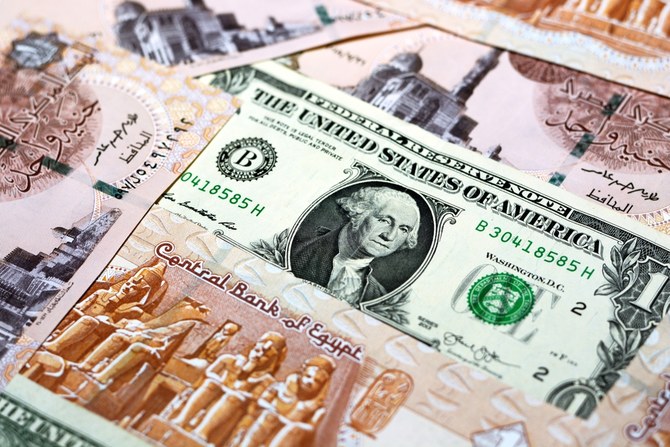Global Markets
“Global Markets” refers to the interconnected network of financial exchanges and trading platforms where various assets, such as stocks, bonds, currencies, commodities, and derivatives, are bought and sold by investors and institutions around the world. These markets facilitate the allocation of capital on a global scale, enabling participants to invest, raise funds, manage risks, and speculate on price movements.
Key components of global markets include stock exchanges, such as the New York Stock Exchange (NYSE) and the Tokyo Stock Exchange (TSE), where shares of publicly traded companies are bought and sold. Bond markets provide a platform for governments and corporations to issue debt securities, while investors can trade government bonds, corporate bonds, and other fixed-income instruments.
Currency markets, also known as the foreign exchange (Forex) market, allow participants to exchange one currency for another, enabling international trade and investment. Commodity markets facilitate the trading of raw materials and agricultural products, including oil, gold, wheat, and coffee, among others.
Derivatives markets play a crucial role in managing financial risk and speculation. These markets offer instruments such as futures contracts, options, and swaps, which derive their value from underlying assets such as stocks, bonds, currencies, or commodities.
The integration of the global market has been facilitated by advances in technology and communication, allowing for seamless trading and information dissemination across borders. However, global markets are also susceptible to volatility, driven by factors such as economic indicators, geopolitical events, central bank policies, and investor sentiment.
Overall, global markets serve as essential mechanisms for allocating capital, facilitating economic growth, and enabling financial transactions on a worldwide scale. They play a vital role in shaping the global economy and influencing investment decisions across various asset classes and regions.
